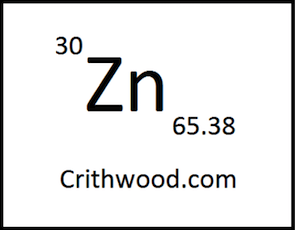
-----
How clean is your rinse water?
Q. In powdercoating (and other) processes, involving a liquid based pretreatment, where rinsing is done between active phases, water is commonly used.
The water rinses the previous chemical off by dilution, and there's usually some mechanism for cleaning that water. This can be as simple as a filter, removing particulates, or as often the case in powdercoating, a demin plant, sometimes an RO plant.
In order to measure effectiveness of the cleaning system, a common measure used is conductivity. Often stated in mS/cm (micro Siemens per centimeter) this measure assumes that increasing conductivity of that rinse water means dirtier, while low conductivity means clean. Often conductivities of under 100 mS/cm are considered "clean" with <40 mS/cm very clean. <20mS/cm might be "ultra clean"?
But is this the best measure?
Can there be contaminants that do not affect the conductivity?
Surely only dissolved ions will change the conductivity? Organics say, which are in suspension, or perhaps colloidal form might not affect the conductivity, but could be a major cause of contamination?
Should a plant using rinses, and using only conductivity as a measure of cleanliness consider using something else as a measure alongside?

Geoff Crowley
Crithwood Ltd.
Westfield, Scotland, UK

June 12, 2012
|
|
A. Dissolved non-ionic solids would likely be indicated by monitoring the specific gravity and/or refractive index.  Ray Kremer Stellar Solutions, Inc. McHenry, Illinois  A. Funny you should bring that up.  Dave Wichern Consultant - The Bronx, New York A. How true. Trainer - Salamander Bay, Australia A. Conductivity is the best parameter to measure when all of the contaminants are ionic. However, when the contaminants are not ionic, as the case may be when there are non-ionic organic materials or particulate materials present, conductivity is of limited usefulness and other parameters such as turbidity or refractive index may be better indicators of rinse water purity. consultant - Cleveland Heights, Ohio |
A. Test for carbonaceous materials = Chemical Oxygen Demand. It can be done on a continuous flow basis.

Dave Wichern
Consultant - The Bronx, New York
June 18, 2012
Q, A, or Comment on THIS thread -or- Start a NEW Thread